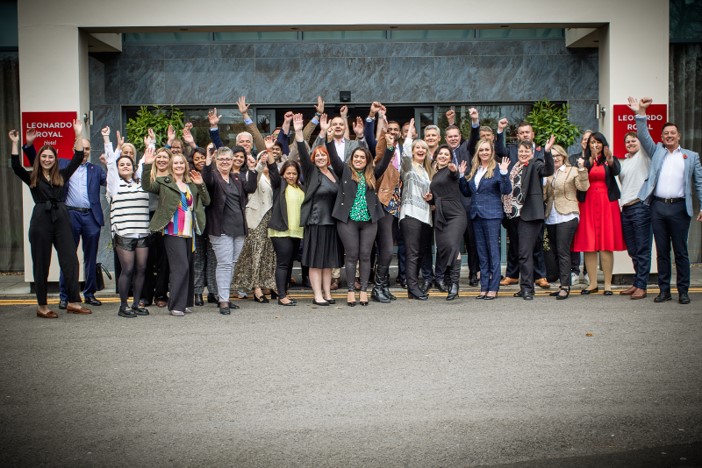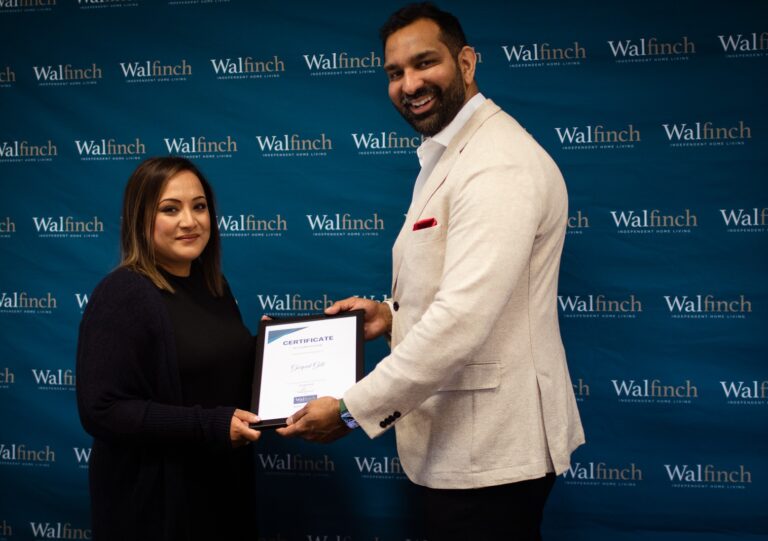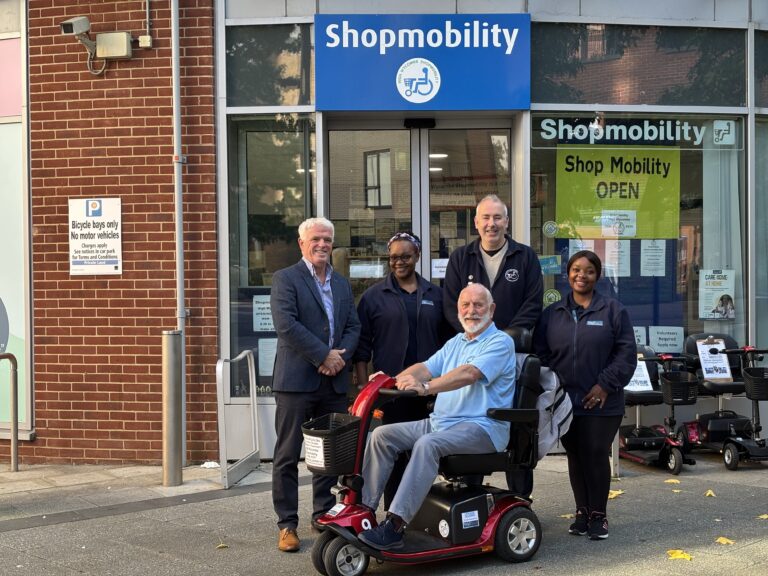Walfinch franchisee helps free hospital beds
The demand for complex care is rising, and Walfinch care providers such as Leena Bector, franchisee Managing Director of the Walfinch home care service in Windsor and Maidenhead, are stepping up to meet the need.

Leena says: “Locally there is a rise in demand for more complex care, such as stoma care, percutaneous endoscopic gastrostomy (PEG) feeds, suction, and care for people with learning disabilities or multiple disabilities. Work like this is not only fulfilling, but it helps free up hospital beds.”
Research by the Homecare Association indicates that people discharged from hospitals now require more complex care than before the pandemic, with 56% of home care providers acknowledging an increase in the commissioning of more complex tasks by the NHS.
The demand extends beyond hospital discharges. Leena explains:
Typically complex care is commissioned by the NHS through its Continuing Health Care (CHC) service, rather than by local councils.
Training the care team
Initial training is conducted through online care training portal Grey Matter, covering the theory and practice of complex care. This is complemented by one-to-one online training from White’s Training, where specialist tutors provide instruction and in-house hands-on training by a nurse at Walfinch’s office. Leena acknowledges the expense involved but says that this approach has earned Walfinch Windsor and Maidenhead a good reputation for delivering these services.
Helping Walfinch win valuable longer-term clients
Providing complex care not only secures additional, high-quality business for Walfinch but also benefits the wider community. People with complex care needs often require assistance for longer than those requiring standard care, and complex care packages usually command higher rates.
Leena says: “Choosing to offer complex care brings us additional, high-quality business because there is less competition to provide it – and our carers appreciate having extra nursing-style skills and the opportunity to build lasting relationships with clients and families. Sometimes we enable patients to return home after prolonged hospital stays, due to a lack of suitable post-hospital care. It’s very satisfying – and the entire community benefits.”




